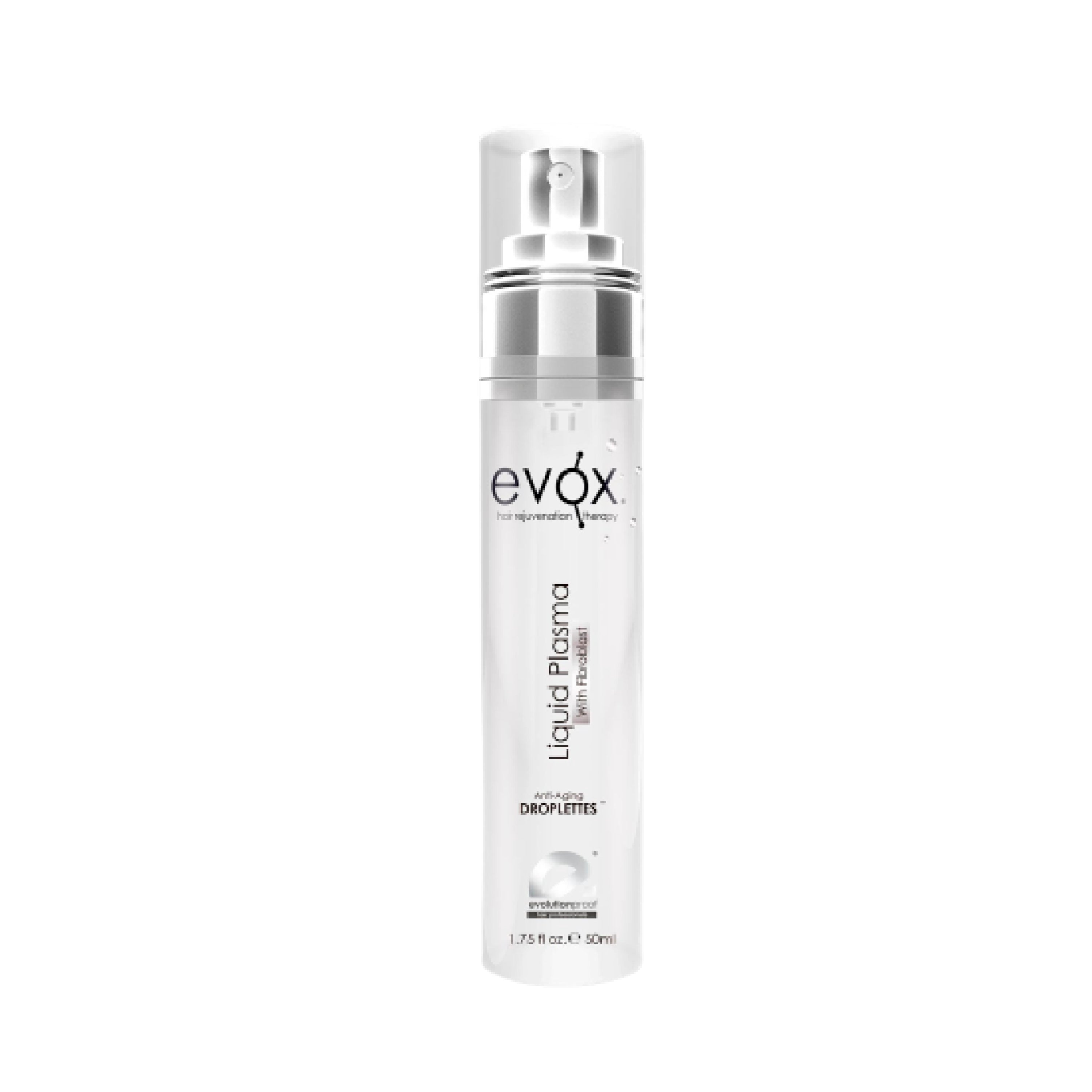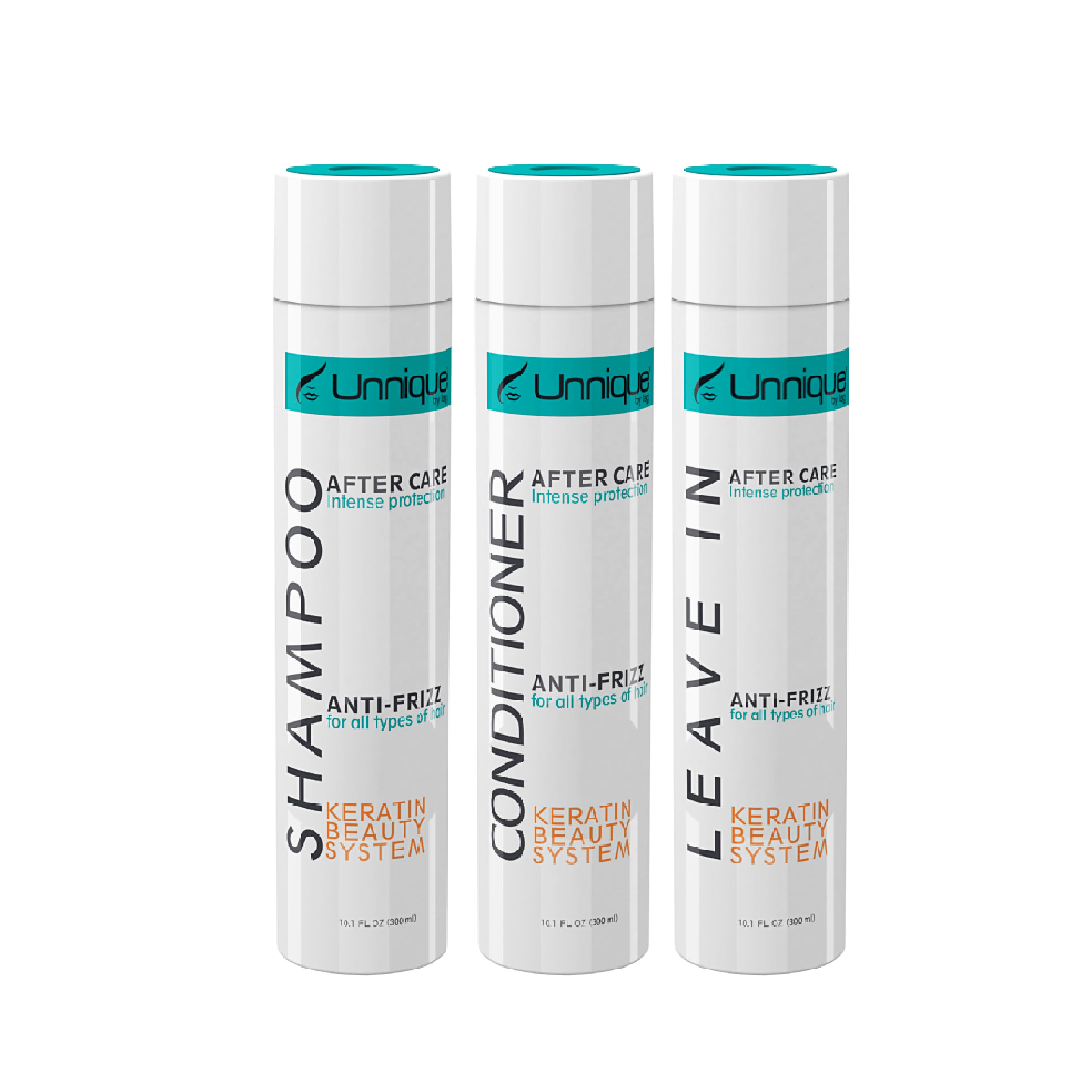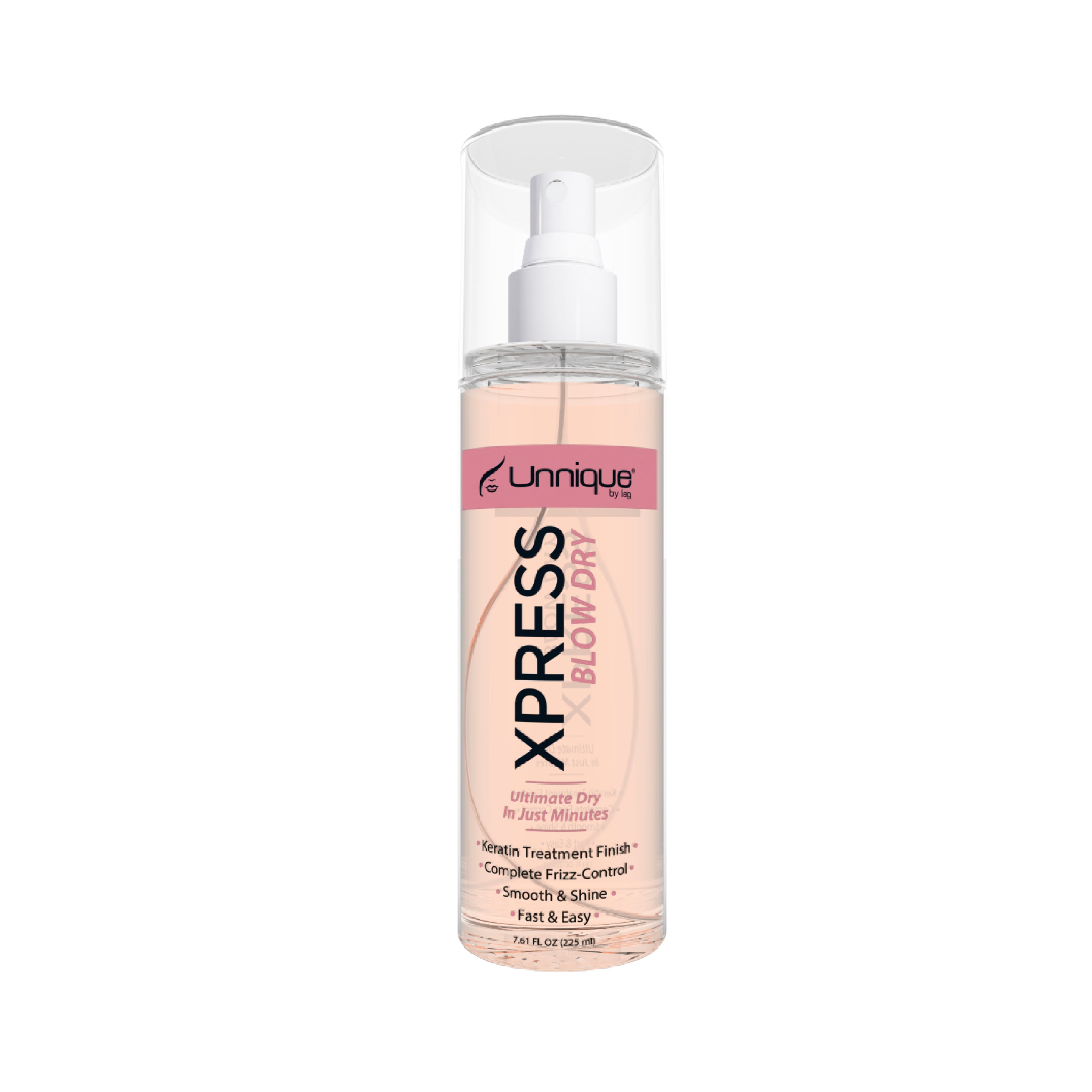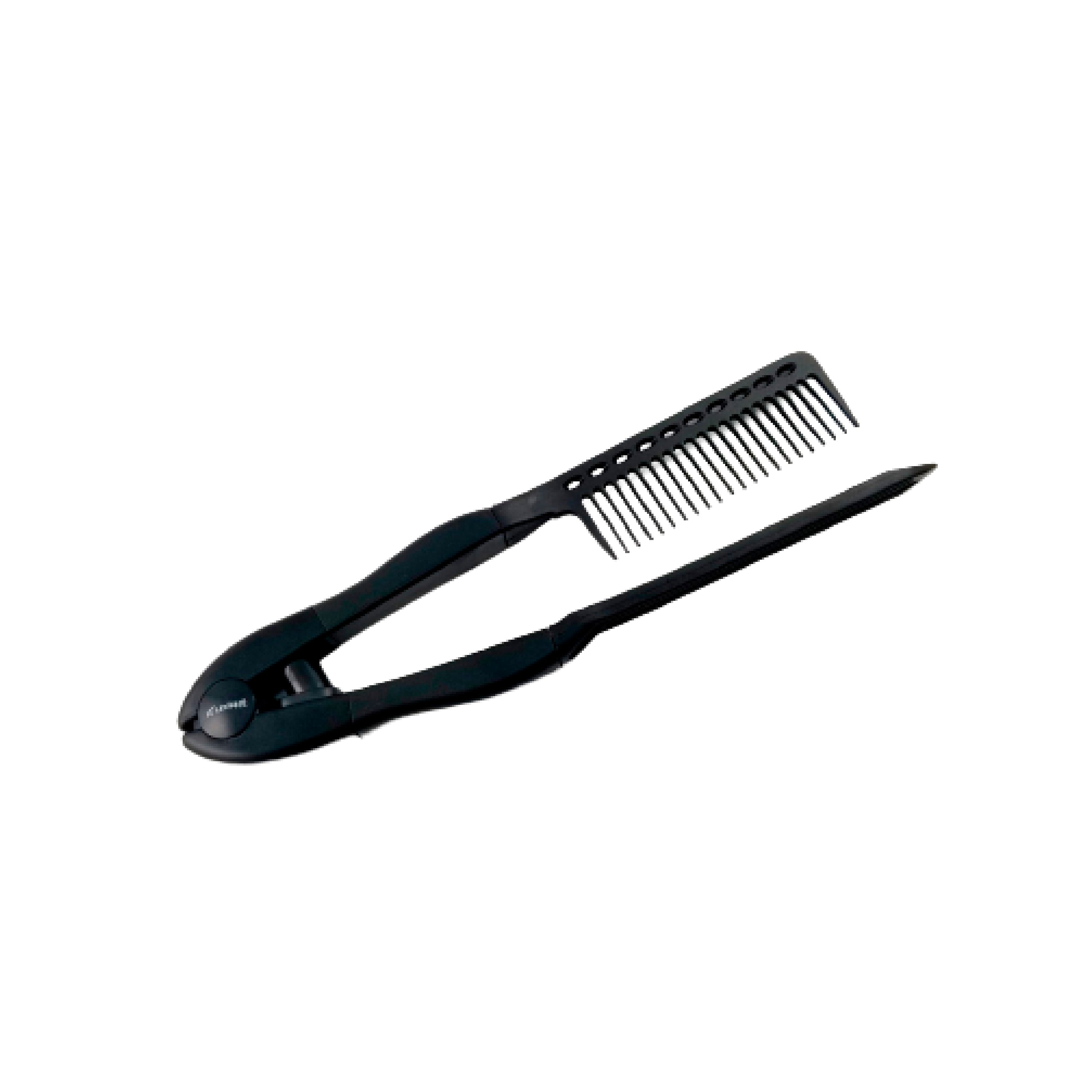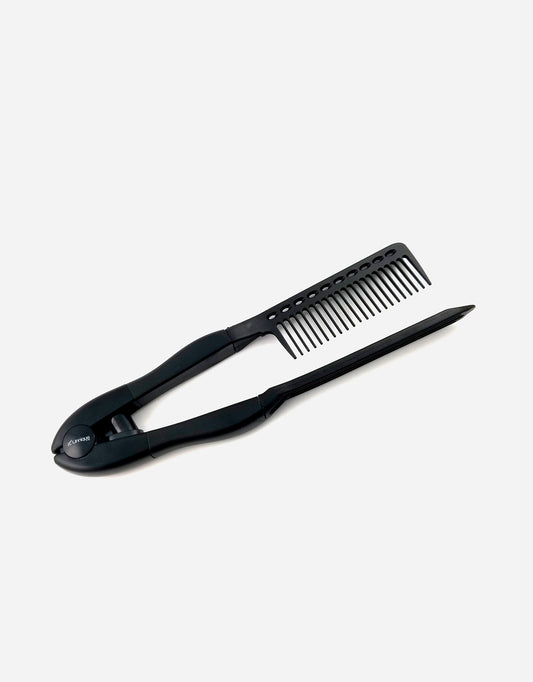Braids are not only beautiful and practical to style your hair; they are also great for protecting your tresses from damage and taming unruly locks. To get the most hair benefit out of this style, we've all heard that it's highly recommended to braid your hair and leave overnight. But how can you do it right, and what are the pros and cons? Can braiding your hair overnight cause hair loss? Keep reading to find out more!
Pros of Braiding Overnight
Braids are one of the hairstyles with the most symbolic meaning. They have been symbols for societal, religious, or ethnic status in different historical periods. For such a long-standing legacy, braids are still important and always in fashion. They especially help protect and care for your hair, but when you do it overnight, the results are even better.
Here are some Pro’s to help make up your mind:
You Get Effortless Beach Waves
If you have wavy or curly hair braiding it overnight will give you beautiful beach waves without the need for heating tools, and best of all, without any effort or time spent. Forget about those extra 30 minutes you'd have to spend on hair styling being usefully spent on a few more extra minutes of beauty rest.
Avoids Damage and Breakage
The hair on the loose tends to rub around your bed as you toss and turn at night, and this can cause increased breakage, especially in already fragile hair. Ponytails or buns also clutch hair too tightly, which is uncomfortable for the night's rest and might break hair (this is especially true if you use any hair bands with metal or plastic parts). On the contrary, when your hair is all tucked into a braid, it is folded, structured, and protected by itself from any rubbing, and risks of breakage minimize.
You Can Avoid a Few Pimples
Your hair, just like your skin, produces sebum. Sebum is produced by the glands on your scalp that can make hair look greasy in between washes. We all produce it throughout our lives, but hormonal changes (during puberty or pregnancy, for example) can increase or decrease sebum production. Oily skin is prone to pimples because sebum plus dirt on your skin can clog pores, and this can be worsened by oily hair all over your face. Avoid this by clearing hair from your face with a braid. Your already oily skin won't be in touch with your oily hair and you'll notice fewer breakouts.
You End up Brushing Less
If your hair is always done in a braid, you'll have less need to brush and style because your chances of getting your hair tangled or causing breakage reduces. Why brush and detangle when your hair has been protected and is all soft and tamed?
Cons of Braid Hair Overnight
Braids… Just like everything else, always has a downside so let’s check out a couple of the downsides no one ever talks about when they recommend braiding your hair overnight.
You Could Get a Damp Smell on Your Hair
This is a BIG NO-NO. If you are in a rush to go to bed and your hair is wet, we do not recommend doing this. Wait until your hair is almost completely dry to braid your hair that way your hair does not end up smelling damp the next day.
Your Hair Might Get Superficial Breakage
On the hair that is exposed, you might get frizzy and broken hair. Use a frizz taming product to tame fly away, and you'll forget about this problem. Don't do your braid too tightly or you might get breakage too.
You Might Not Like the Waves
Not everyone likes the uniform waves you can get from braiding but prefer a tousled and more irregular style. This can be fixed by braiding more loosely or more deliberately irregular.
You Might Get an Itchy Scalp
If you tend to use a lot of products before braiding your hair and then braid your hair afterward while it's still wet it can cause you to get an itchy scalp. This combined with sweat and sebum can also cause dandruff.
For more Tips and Tricks to maintain healthy hydrated hair, follow us on Instagram at @Unniquebylag.

